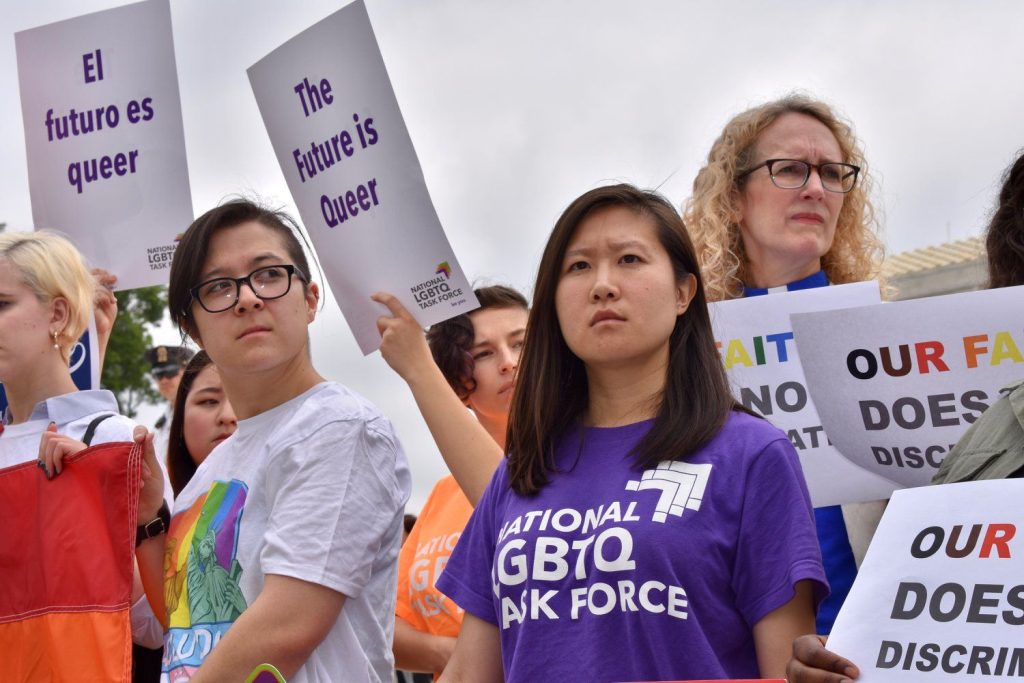To move equity-driven goals and strategies toward national policy, our democracy must work for all people in this country, regardless of how they identify.
The Preamble to the U.S. Constitution begins with the powerful words: We the People. It also stresses the fundamental goal of establishing justice for all.
Accordingly, the Task Force assumes a watchdog role in carefully scrutinizing the degree to which presidential administrations are advancing equity through our FedWatch project and federal policy initiatives. We were active in working on a full count for the 2020 Census and ensuring voting rights.
Our Democracy Work
FedWatch
An active network of over 400 organizations that engages in federal policy advocacy to advance the interests of people living at the intersections of multiple marginalized identities.
Queer the Census
Ensuring that all of us, especially people from marginalized communities, are represented accurately in U.S. Census data.
Queer the Vote
Engaging all our communities to mobilize LGBTQ+ voters, stop voter suppression, end partisan gerrymandering, and to guarantee other vital protections.

